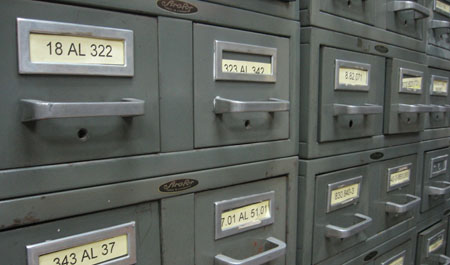In an era of massive food recalls, organics, and the trend toward everything antimicrobial, any process that ensures food safety should be utilized in the food manufacturing industry to prevent contamination. However, the HACCP (Hazard Analysis Critical Control Points) system is one that implements controls on the manufacturing process that can prove costly to the company implementing them. This is especially true in companies looking to convert their plants to adhere HACCP policies. Unfortunately, some managers see the policies as expensive and unnecessary.
What is HACCP?
The name Hazard Analysis Critical Point Control implies correctly that the system’s focus is identifying the points in the food production process that could allow contamination. HACCP is thus about Prevention: examining your process, spotting the weak areas, and correcting them in a way that makes food manufacturing a much safer process. According to the International HACCP Alliance, the policies result in strict controls and monitoring to avoid contamination.
How long has HACCP been around?
The International HACCP Alliance states that the system and policies have been utilized in some form since the 1960’s. The first food manufacturer to use it was the Pillsbury Company in creating foods for the astronauts to use in the sanitary environment found in the space shuttles. The codes have been revised and adapted since then.
Is it Mandatory?
The US Food and Drug Administration, the FDA, has adopted guidelines for several food manufacturing industries over the years. This makes a switch to a prevention system easier.
Is it expensive?
Adopting HACCP policies can be costly for companies that have been operating under the minimum requirements mandated by the FDA. The switch will require training of employees and managers, facility and equipment inspections and studies to determine weaknesses. Additional equipment, plant space, and materials may be required as a result of the inspections and studies. The new equipment will include monitoring, reporting, and maybe even corrective systems. Many companies within the meat, fish, and poultry industries are already utilizing all or some of the HACCP policies, so a switch may not be as expensive.
Why should I bother?
HACCP has become the “gold standard” for food safety worldwide. In order to compete with international firms and also a growing number of domestics ones, your company must have the HACCP certification. It ensures that the product you are selling is free of food contaminants. It is also an assurance that the food distributor and retailer may remain free of the dreaded recall.
When undertaking the necessary steps to make your plant is HACCP compliant, consult the customer care specialists at Eagle Technologies. In addition to supplying the equipment, the customer care department can assist with information about the policies, as they pertain to your particular equipment.


